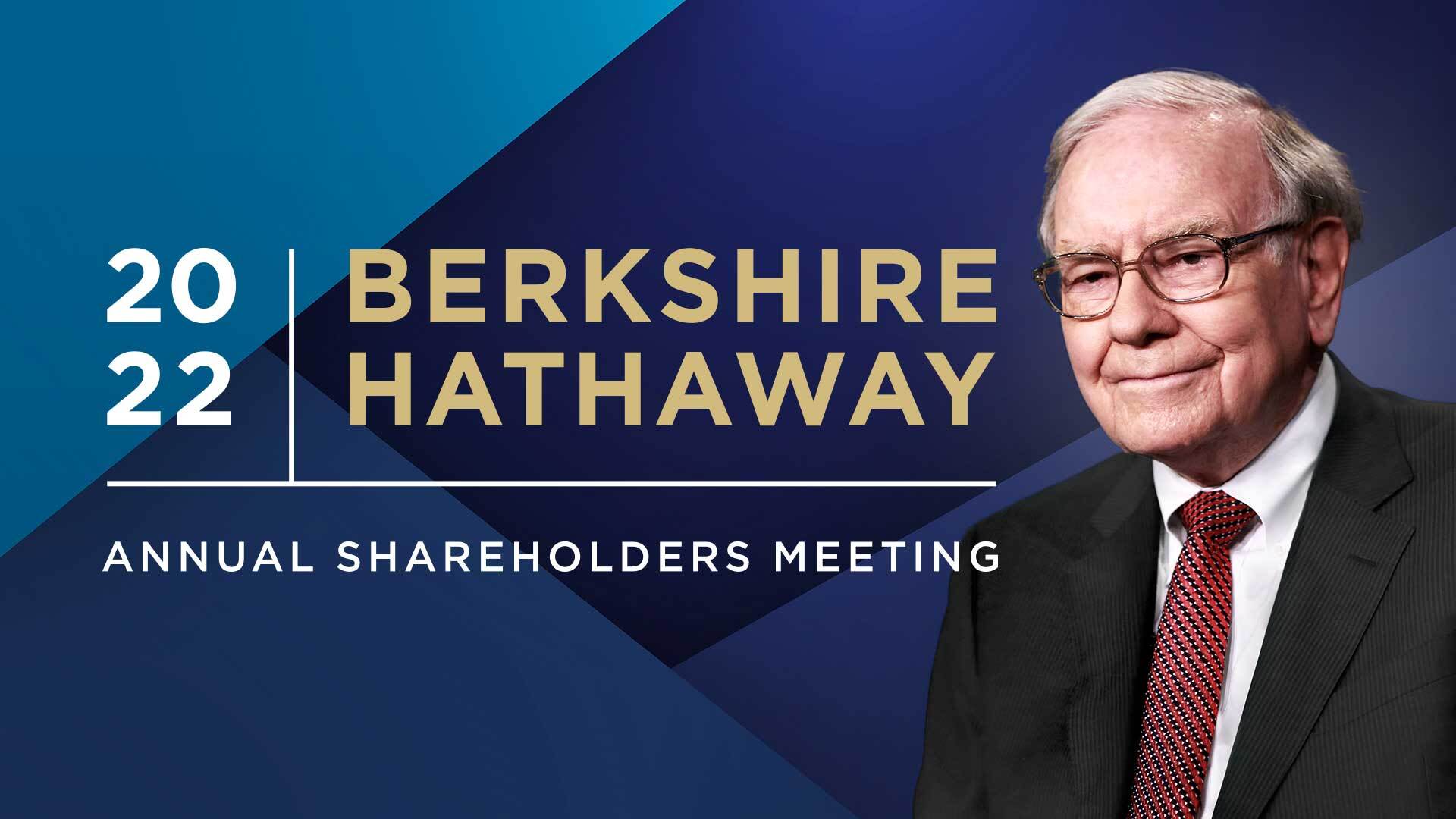Reflections from Berkshire Hathaway’s 2022 annual shareholders’ meeting where Buffet and Munger shared refreshingly clear and (slightly) counterintuitive logic.
Hanging out in Omaha, Nebraska
I had secured the flight and Airbnb a while back with a few friends, so we had zero issues making the trip to Omaha, NE. Over the years, I’ve always wanted to attend the Berkshire Hathaway annual shareholder meeting in person. But I had never made it for one reason or another. And then the pandemic took it offline, or rather online-only.
Naturally I was super excited and looking forward to the event. A big part of the reason to go see them was as Warren put it ‘see if they are really there’. I mean, Warren is 92, and Munger is 98. I wanted to see them live while they were around.
An observation: there is not much going on in Omaha. And that’s a good thing.
I mean, it’s a nice town and everything. But my hunch is that part of the charm of Omaha for Warren and Charlie is that there’s not much happening in the environment, which allows them to pretty much focus on one thing: Berkshire.
5 key takeaways
After getting passes and attending the ‘Bazaar of Bargains’ on day one, we slept in early to get up at 4 am. The key to getting great seats at the annual BRK meeting is getting early in line, we got in line at the CHI Health Center stadium at 5 am.
We got great seats and ran into many celebrities: Jamie Dimon, Tim Cook, Bill Gates, Mohnish Pabrai, Guy Spier…and many others.
Here are my reflections from the event as I absorbed commentary from Warren and Charlie and the subsequent shareholder Q&A.
1. ‘Be a buyer of businesses rather than stocks’
Buffett asks us to look at purchasing stocks as a way of purchasing a business or at least purchasing part of a business.
One of the concepts that Buffett learned from Benjamin Graham was about analyzing stocks as a business and not reacting to short-term changes in the price of a stock.
If you own your stocks as an investment – just like you’d own an apartment, house, or a farm – look at them as a business. – Warren Buffett
2. It is far better to buy a great business at a fair price than a fair business at a great price.
Buffett used to be a ‘cigar butt’ investor in the early years of his career. What it means is that he used to look for cheap stocks that other people overlooked that had ‘still one good puff in them’. He made profits by buying these cheap stocks and turning around and selling them for a profit. That worked for some time but eventually, at the insistence of Munger, Buffett pivoted to buying stocks of quality companies. He began value investing by valuation: calculating the intrinsic value of stocks. According to Munger, “all intelligent investing is value investing.”
3. Invert. Always invert.
There are times when it is hard to find the answer by following the thread of logic. It could be because insufficient data or we might lack the context or any other reason. Munger likes to invert the logic and see if the converse holds true. In his own words “Invert, always invert: Turn a situation or problem upside down. Look at it backward. What happens if all our plans go wrong? Where don’t we want to go, and how do you get there? Instead of looking for success, make a list of how to fail instead — through sloth, envy, resentment, self-pity, entitlement, all the mental habits of self-defeat. Avoid these qualities and you will succeed. Tell me where I’m going to die, that is, so I don’t go there.”
4. Own productive assets
Rather than buying high flying stocks that may not be producing value, focus on identifying companies that have productive assets. Over a period of time, productive assets produce value or earnings. These earnings compound over a period of time. The compounding effect of these earnings creates wealth. ‘Time is the friend of a wonderful business and enemy of a mediocre one‘, Buffett says.
5. Invest in yourself
Buffet was responding to a shareholder question around beating inflation. His #1 advice was to invest in your self. “The best thing you can do is to be exceptionally good at something,” Buffett said. “Whatever abilities you have can’t be taken away from you – they can’t actually be inflated away from you.”
Those were my reflections from Omaha.
Finally, I felt that even at this age, these men read SO much. They are voracious readers: biographies, balance sheets, business journals. It is amazing how they are able to take all of these learnings, compound them over time, and apply them to create value for Berkshire Hathaway and its shareholders.

